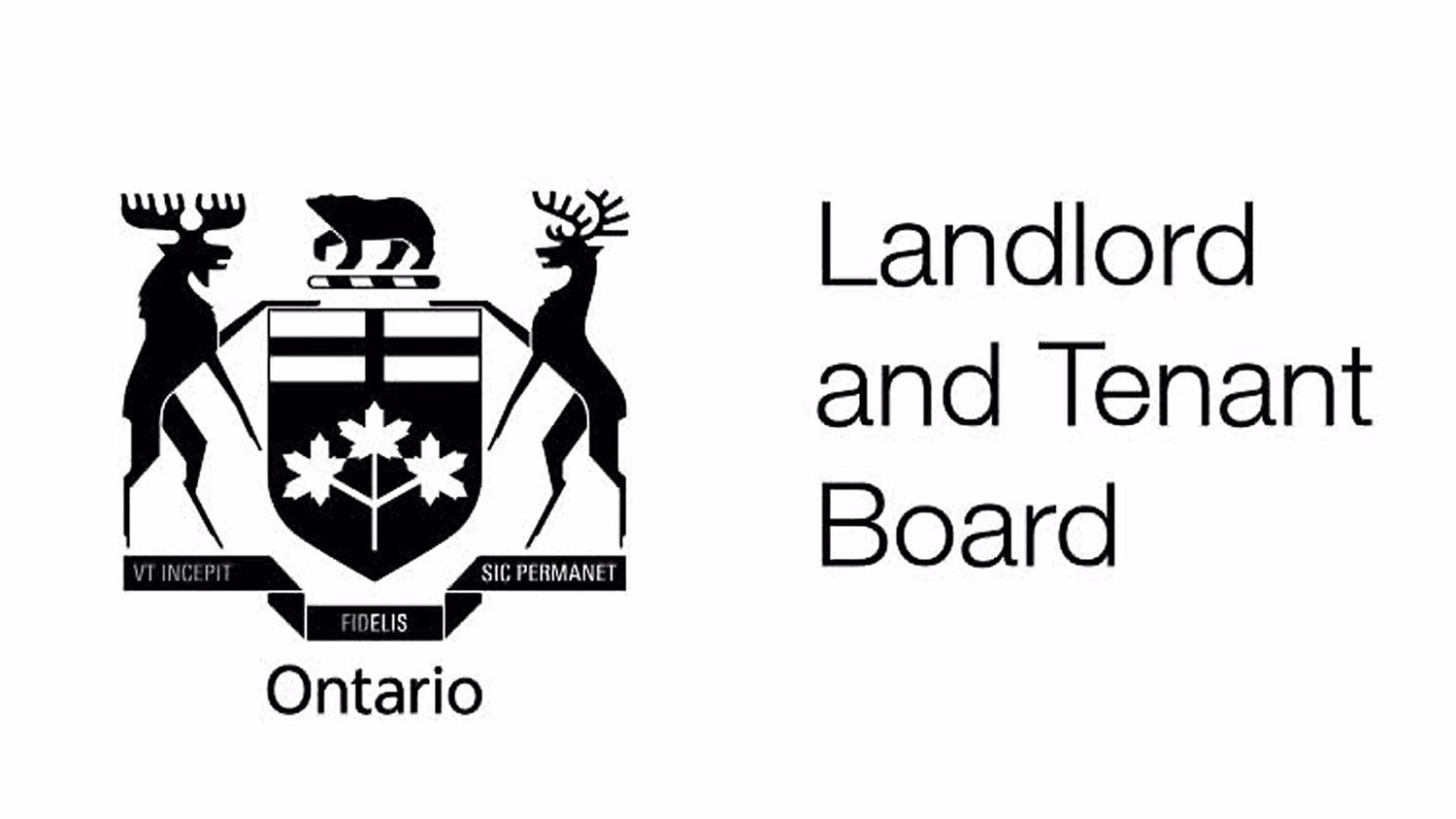CORNWALL, Ontario – A Cornwall renter wants to warn others who experience problems with their landlord that the system is not always there to protect and support them.
Ms. R (we will not be using her full name to protect her from any potential reprisals) has been facing issues with her landlord for several years, particularly around the landlord’s refusal to provide snow clearing services for her driveway.
Ms. R has Raynaud’s Syndrome, a decrease in blood flow to her extremities. Being outside for any length of time represents a real risk of her developing frostbite and subsequently gangrene in her fingers and toes. Two of Ms. R’s relatives lost digits due to gangrene and another relative was also diagnosed with Raynaud’s.
In Aug. of 2020, after a dispute between Ms. R and another tenant that lived on the property, Ms. R came into conflict with her landlord and after an argument, the landlord said that he would no longer provide snow clearing service, despite it being in the landlord-tenant agreement.
Ms. R took the issue to the Landlord Tenant Board (LTB) in November of 2020 when she filed a T2 application in regards to tenant’s rights. This filing is related to abuse she has alleged she has received from both the landlord and the other tenant on the property. Her experiences with the LTB soon dashed her hopes of the situation improving or being resolved quickly.
“This was a joke,” Ms. R said of her first LTB hearing which took place in April of 2021. “The person hearing this had a definite bias on that day. She would often not let me speak and seemed to show preferential treatment toward the paralegal representing the landlord.”
She explained that the landlord did not share the evidence that she had sent to them with his paralegal, who was subsequently unprepared and according to her did not understand the case.
“He cited that the whole issue was a squabble between tenants and that the LTB was not the place for anything like that to be heard and that it was trivial and that the case should be dismissed,” she said.
Compounding the problem is that due to COVID-19 all LTB hearings are being done virtually over Zoom, which has created delays due to frequent technical difficulties.
In October of 2021 the building was sold to a new owner and was managed by A Plus Management, a property management company. Ms. R said that at that time A Plus told her they would not be providing snow removal due to liability concerns.
“I would have never rented a place without snow removal because of my Raynaud’s,” she said. “The cold is not something I want to mess with because I could lose a limb over this.”
Ms. R filed a second application with the LTB, this time a T6 related to maintenance over the lack of snow clearing.
She asked that these two applications, the T2 and the T6 be heard on the same day by the board. She said that she received a reply from the LTB acknowledging her request, but that nothing was ever done. She later sent 27 pages of evidence to the board, also in October, and again the board acknowledged that they had received it, something her hearing adjudicator later denied at a subsequent hearing.
That subsequent hearing, which took place in November of 2021 for her T2 application was a mess according to Ms. R, which she feels is emblematic of the current state of hearings at the LTB.
Her hearing was last on the docket, meaning she had to wait on a Zoom call the entire day before her case was heard.
The virtual nature of the call created frequent technical issues for both tenants, legal representatives, and the adjudicator.
Months later, the T2 application has yet to be resolved by the LTB.
Ms. R’s T6 application was heard February. She filed a request for the hearing to be expedited, which was denied. The adjudicator in that case adjourned the hearing because the LTB had her assigned to both the T2 and T6 case. An adjudicator is not permitted to hear two different cases involving the same parties.
At her last hearing with the adjudicator in February, Ms. R expressed her frustration.
“I asked this adjudicator when my case would be heard, she did not have an answer for me,” she said. “I articulated to her that this whole process was broken, and especially on this case where a medical issue is presented and how the delays are putting my health and well being at risk. When this Zoom meeting ended . . . I cried for hours, so defeated, so angry.”
In March, Ms. R was informed by her landlord that she owed payment for alleged damages to the downstairs unit due to a leak in a hot water tank in her unit. The hot water tank in her unit, she claims, is inaccessible and therefore she could not check to see if it was leaking. The landlord said that if the damages went unpaid, she would be evicted.
Ms. R says that she is not financially in a position to move and cited the lack of rental units in Cornwall as another barrier she faced.




